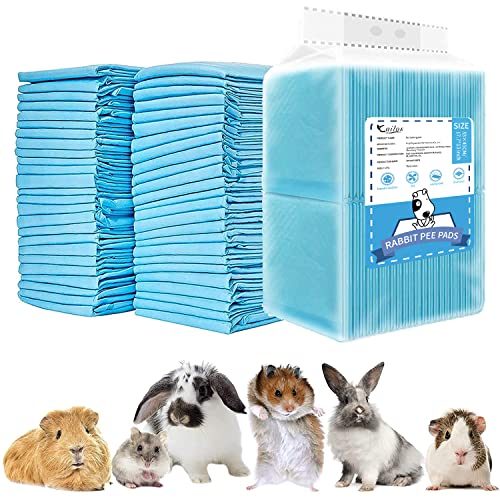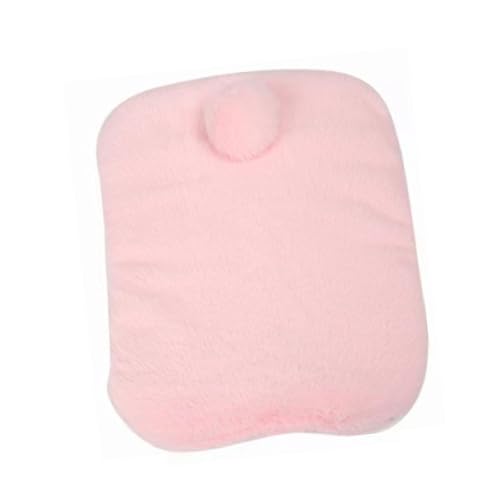dixonsrabbitry1
Well-Known Member
OakRidgeRabbits wrote:
The thing is when I went to purina all the deaths that I had going on stopped. That was before they switched formulas on the green bag. Opened up one bag that was full of corn, and ended up with sick rabbits again. So I put them on pro bios and switched to the corn based show formula. There were thousands of rabbit slost to bloat to it. Some people lost their entire herds. The feed that seemed to be causing it was manna pro, kent, pen plas, and blue seal 17. The later was the one the mold was foundin.
Then we had the ARBA telling us oh wells guys. Its just the weather. Sorry about your luck.
No what caused last years issues was the corn based feed. the mills cleaning out their systems didn't help any either. Some guy out on the east coats had his feed tested, and they found black corn mold toxins in it. most of the corn harvested last year ended up being a bad crop.dixonsrabbitry1 wrote:OakRidgeRabbits wrote:A little bit of corn in the diet won't hurt. I had always heard that corn was bad as well, but I've actually heard many opinions for it recently. Just like anything, you don't want to feed too much of it but it is a good source of energy in moderation.
Until you end up dealing with a nasty toxin in it, like many of us dealt with last year.
Most livestock and pet feeds do include corn, though. I understand that there have been some problems associated with corn based feeds, just as there are problems associated with pellets in general, veggie diets, fruits, etc. There can be troubles with any food, depending on the amount that is given.
I'm just saying that I wouldn't fix what isn't broken. If a food has been working well for someone for years, it's not worth changing it because all feeds have their downfalls. It's just about finding what works for your buns in particular.
I think nearly every feedmill cleans out their machines with corn between batches of feed. It is my understanding that this is what caused last year's issues.
The thing is when I went to purina all the deaths that I had going on stopped. That was before they switched formulas on the green bag. Opened up one bag that was full of corn, and ended up with sick rabbits again. So I put them on pro bios and switched to the corn based show formula. There were thousands of rabbit slost to bloat to it. Some people lost their entire herds. The feed that seemed to be causing it was manna pro, kent, pen plas, and blue seal 17. The later was the one the mold was foundin.
Then we had the ARBA telling us oh wells guys. Its just the weather. Sorry about your luck.





































































